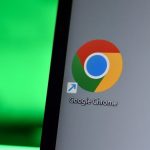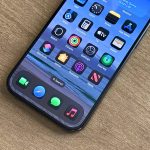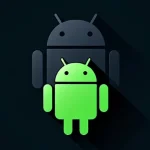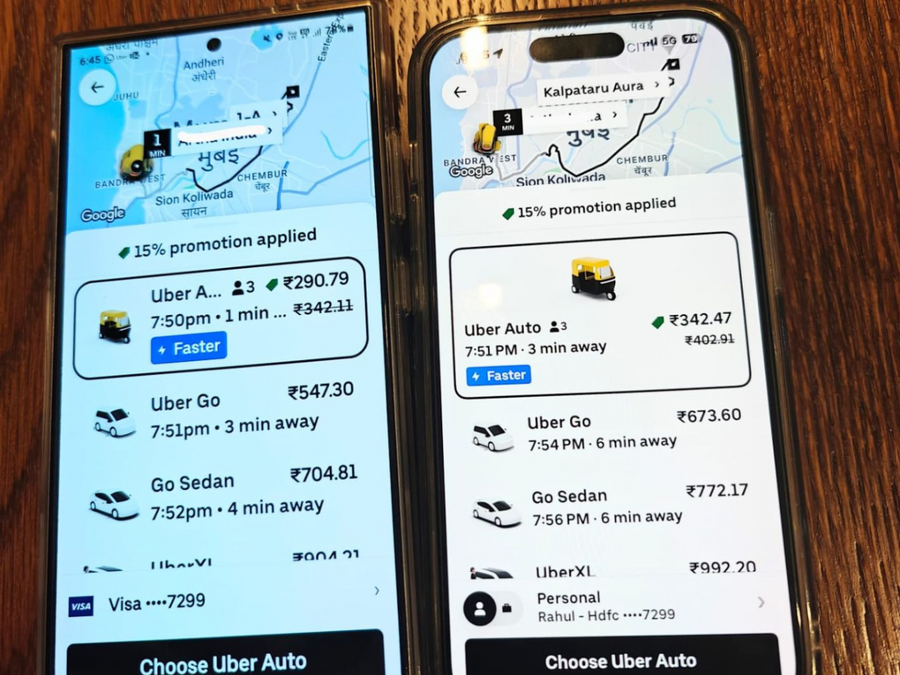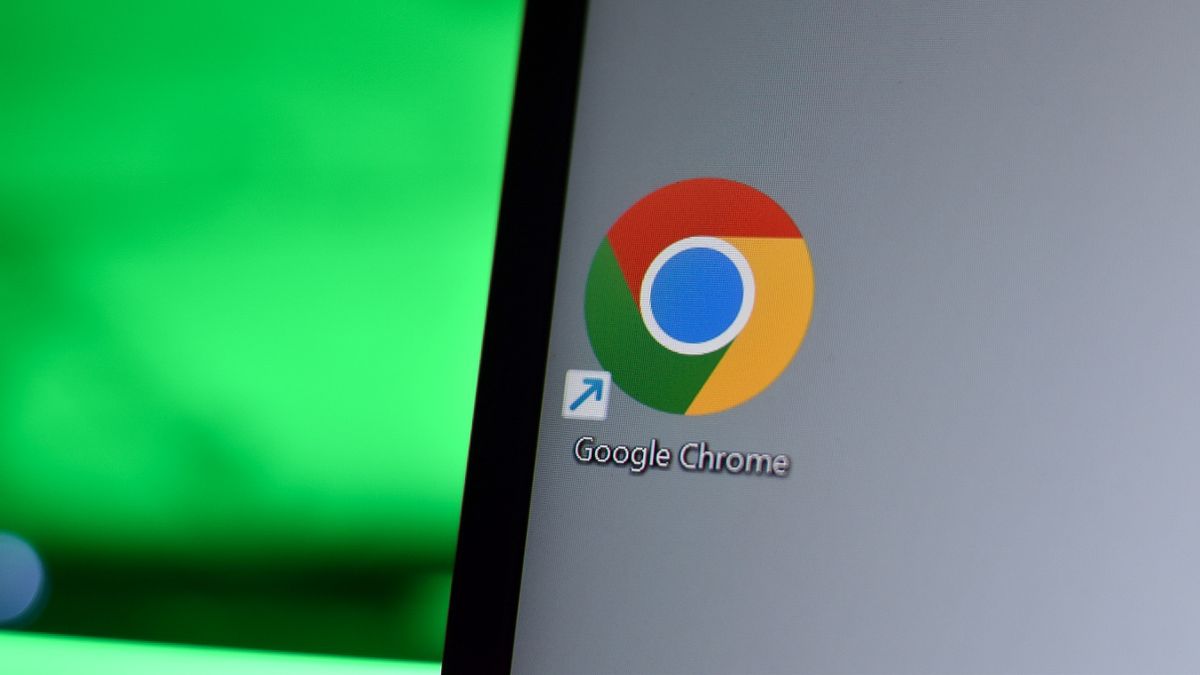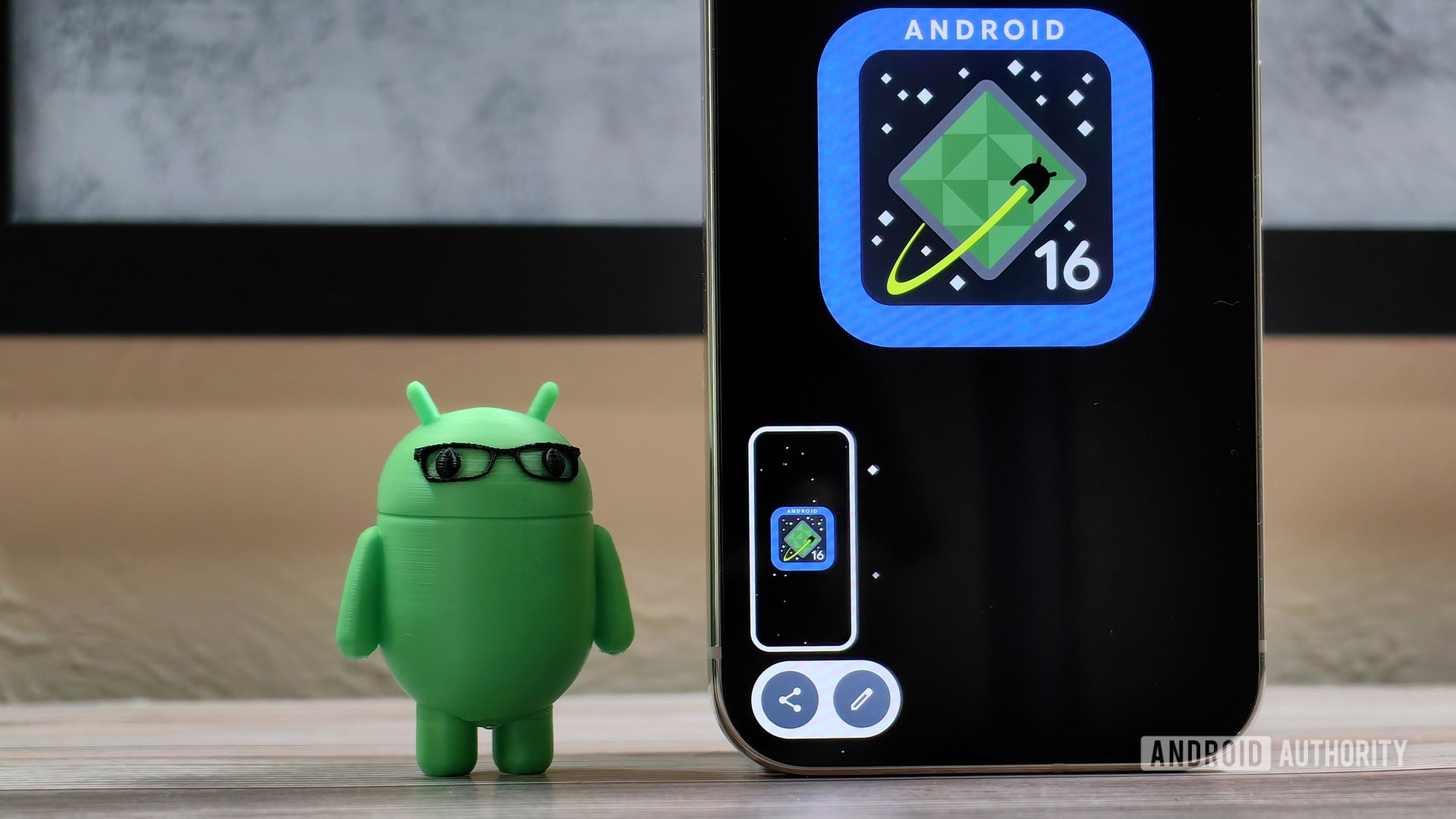In a recent LinkedIn post, an Indian entrepreneur sparked a heated discussion by claiming that Uber charges more for the same trip on an iPhone than on an Android device.
Screenshots shared by the entrepreneur showed a fare difference of around Rs 52, with the Android journey costing Rs 290.79 and the iPhone journey costing Rs 342.47.
These claims have raised questions about whether ride-hailing platforms use device-based pricing to target different customers.
Nirali Parekh, founder of a design studio, posted the screenshots on her LinkedIn profile. She explained that a colleague booked two Uber rides at the same time and from the same location: one via an Android phone and the other via an iPhone.
Although all things being equal, the price of the iPhone would have been higher. Parekh did not accuse Uber of wrongdoing, but called it “design thinking in action,” noting that it could be driven by insights into user data and behavior.
Parekh says the situation highlights how ride-hailing services and other mobile apps can leverage user profiles to optimize prices. She cited the perception that iPhone users could be considered “premium customers”, Apple’s 30% commission on in-app purchases, and dynamic pricing based on user behavior as three potential reasons of the tariff gap.
“Here’s the real question: When does personalization improve the user experience and when does it start to feel exploitative? From a design thinking perspective, this approach relies on understanding user behavior and adapting to it. For businesses, it’s smart: leveraging data to maximize value. For users, it’s complicated: does this pricing strategy improve the experience or does it break trust?” Parekh wrote.
Internet users’ reaction
Parekh’s screenshots generated hundreds of comments. Some tech professionals have discounted the possibility that Apple’s fees are to blame, as Apple generally doesn’t charge ride-hailing apps a 30% fee for payments outside of iOS’s in-app purchasing system .
Others have speculated that two separate Uber accounts, each with their own history and promotions, could have influenced the price difference.
On the other hand, some users have argued that companies often assume that iPhone users are more likely to pay higher prices and might set prices accordingly. They cited examples in other industries where price discrimination or dynamic pricing is based on user data, loyalty and perceived purchasing power.
“It’s a game of intelligence and the power of ‘inadvertently collected’ data. Uber does the most for BI. I think it’s awesome!” one user wrote.
Uber’s statement
Uber released a statement regarding the overcharging allegations.
“The multiple differences between these two routes have an impact on prices. The pickup point, ETA, and drop-off point for these requests vary, which will result in different rates. Uber does not personalize ride prices based on the passenger’s cell phone manufacturer,” the company said in the statement.
